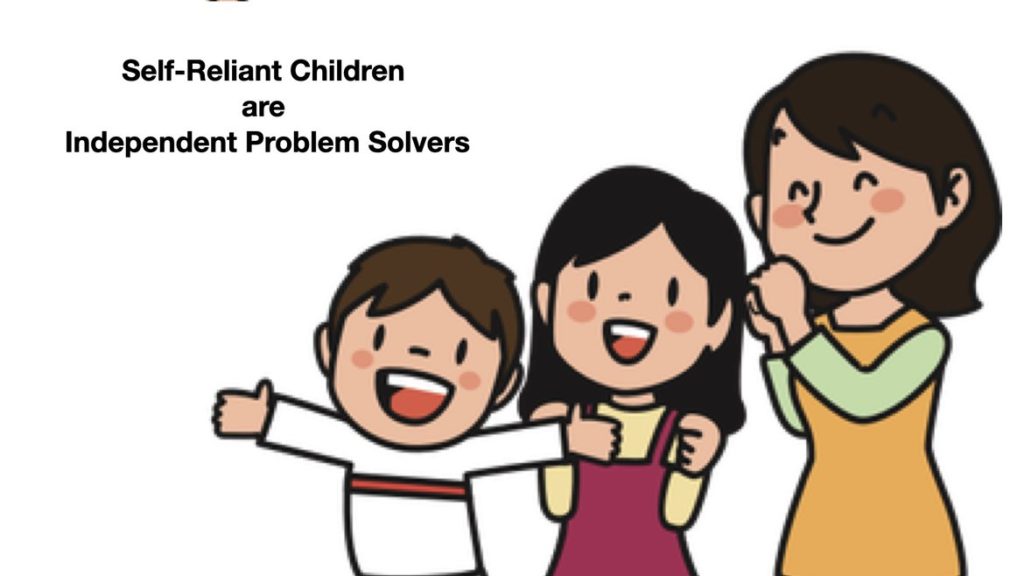I created a free course to help parents and teachers build reliance. Click on this link: FREE in March
Covid was a gift to my third grade students. I had been training them in how to be resilient since September 2019 and their skills were put to the test.
I may not share the feelings of a lot of people, because I believe covid learning has been a wonderful opportunity for my training to be tested to the max.
My resilient students not only survived covid isolation and the changes that have occurred since March of 2020, they gained confidence from the challenges presented to them.
The students who relied heavily on the support of their parents have had the hardest time.
The students who understood how to pivot, persist, problem solve, and prevail were given a real life challenge to apply all the resilient building strategies they learned starting in September of 2019. This situation that everyone thought was horrible and was going to leave their children behind, was actually the biggest confidence builder my students could get.
No matter the learning environment your children are in, begin teaching them resilience today.
Building resilience starts with seeing mistakes as opportunities for them to come up with solutions separate from anyone else. Don’t let them turn to you or the internet. Let them try several ways to solve challenges independently, until they find the solution that works. If they have a problem with something at school, ask them how they think they can fix it and offer solutions to their teachers.
Edison tried 9,999 ways to come up with a filament that would work, and when asked about the failures, he stated, “None of them were failures, they were just ways that didn’t work. I was looking for the one way that worked.” As children grow to see their mistakes and challenges as opportunities and are allowed to independently try ways to solve them, they will gain confidence. Parents role can shift to that of a cheerleader. The more patient parents and teachers are as children learn to tap into their innate abilities to solve their own challenges, the farther the students will go once they gain confidence to take risks.
Adopt the Edison Ethics
- Celebrate mistakes- they are opportunities to find better ways.
- Teach children to accept their own responsibility in the mistake and discourage putting blame on others.
- Be patient as children gain confidence in their ability to fail successfully.
- Don’t play into the emotions that result when children believe mistakes are bad.
- Recognize achievements that are made. “I saw you tried three different ways to solve that problem. I am so glad you stuck with it.”
- Parents need to share their own mistakes and the ways that were tried to solve them.
- When parents experience a mistake, children will look to us to how to respond to their own challenges. If parents and teachers verbalize,”Wow, I really made a big mistake. I didn’t look at my calendar and I missed an important meeting. I need to call my friend and apologize for missing it and reschedule. I also need to make sure I check my calendar every night before I go to bed and in the morning when I awake.”
- Reflect on the week and point out all the great mistakes that were made and what the family learned from them and what great things came from them.
- Teach children to forgive themselves when they make mistakes. Ask them to think of what they would say to their best friend if they made the same mistake.
- Encourage children to share mistakes with their teachers and point out what their plans are to avoid them in the future. “I didn’t study for this test enough. I need to have my mom test me every night.” Since grading is subjective, teachers will be more inclined to focus on the growth than the few bombed tests.
- Realize mistakes are made to point out what we are doing needs to change. Appreciating the heads up, will help students overcome the guilt fo making them.
- Mistakes happen because we are trying something. If we didn’t try, we wouldn’t make mistakes and we wouldn’t grow. It is through valuing our mistakes that lasting growth occurs. We will remember more of what we struggled with than what was easy.
- Find the cause of the mistake and apologize to others if you failed them. People respect others who own their mistakes and admit them. It is a sign of real character.
